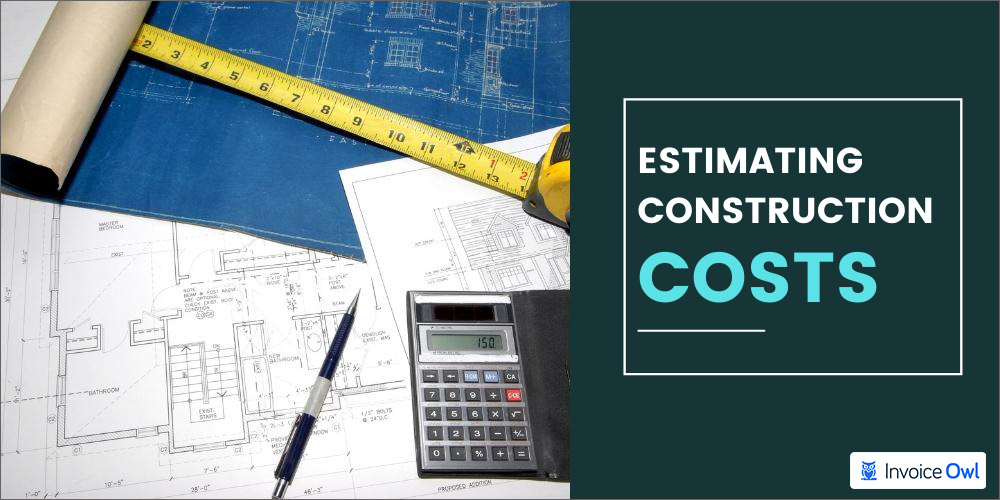How Estimators Shape the Future of Building Construction
How Estimators Shape the Future of Building Construction
Blog Article
A successful construction plan is dependent on a variety of moving parts, one of the most important is the building cost estimator. This professional plays a central role when it comes to assessing the fiscal feasibility of a project, while aligning the design goals with budgetary constraints and establishing a plan for the successful implementation. Without estimates online , construction projects face increased risks of budget overruns, delays and mismanagement of resources.
The core of the job of a cost estimator is their ability to evaluate the entirety of a project and assign accurate cost projections to each. This includes reviewing architectural plans and designs, engineering specifications, and other materials. The estimator also considers current market rates for labor, materials equipment permits, subcontractor fees, permits and other costs. Through the synthesis of this data they create a complete budget that aids decision-makers throughout the life that the work is.
One of the main advantages of having a cost estimator at the beginning of the process of planning is that it allows for more strategic and informed decision-making. When developers and architects are aware of how specific construction methods, materials, or features affect the total cost, they can make adjustments which are more in line with financial goals without compromising quality. Estimators help in bridging the gap between creative ideas and the financial reality.
Furthermore, estimators are essential in risk management. Through detailed analysis, they are able to identify potential cost drivers, unforeseen costs, and economic factors which could affect the final budget. This allows stakeholders to prepare contingencies and prevent surprises. In addition, estimators frequently work with procurement teams and project managers to ensure that actual expenditures are in line with the budgets that are forecasted during the construction process.
Technology has also improved the capabilities of cost estimators for building. Through the use of modern software and cloud-based platforms estimators can work with live data and adjust projections when variables change. This approach to digitalization increases precision and speed of turnaround which allows teams to remain flexible in a dynamic construction setting.
Another crucial aspect of an estimator's role is the need for transparency. An accurate estimate can improve the communication between all stakeholders including developers and owners to contractors and financiers. Everyone has a clear understanding of where money is being allotted and how the funds will be managed. This transparency increases confidence and provides accountability for all stages that the program.
In the end, the cost estimator is essentially an architect for finance and helps lay the foundation for a successful project not only in terms of design, but also in terms of sustainability, efficiency, and profitability. Their insights contribute directly to an informed plan, optimization of resources and overall integrity in the process of construction.

In today's fast-paced construction landscape having a competent and proactive estimator on the team is no longer optional--it's vital. As projects grow in scale and complexity, the job of the building cost estimator is even more important in guiding projects to successful, on-budget successful completion.
Report this page